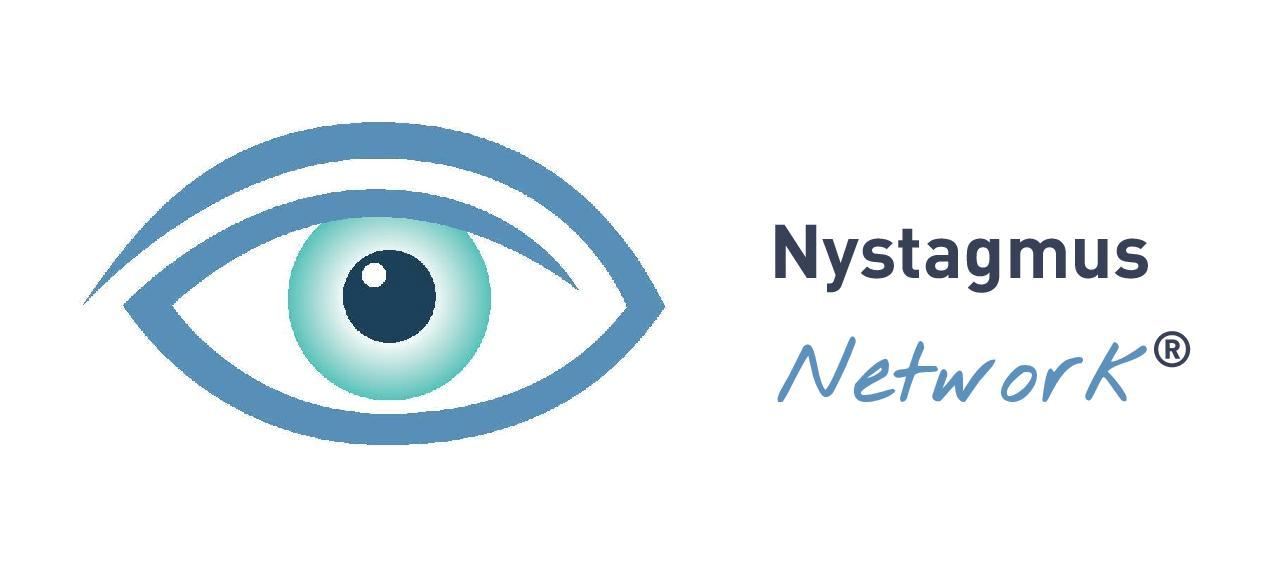Fight for Sight and The Nystagmus Network have announced funding for three exciting nystagmus research projects at the Nystagmus Network Conference, which is taking place today during National Eye Health Week 2018.
In total £30,000 in funding will be used for projects bringing benefits to children and adults living with the condition, which is characterised by involuntary and repetitive movements of the eye.
James Self at University of Southampton will be developing a new clinical test using an iPad app to measure a patient’s ability to identify faces in a crowd, one of the challenges of nystagmus. The aim is for the app accurately and effectively to diagnose patients and ensure they are offered the most appropriate support for their nystagmus.
Dr Matt Dunn from Cardiff University is being funded to research an improved diagnostic technique for nystagmus in children. Until now the challenge for patients has been keeping their eyes still while the test is performed. Dr Dunn will investigate a new technique that can be used while the eye is also moving, which could improve the earlier diagnosis of this condition in future.
Dr Mervyn Thomas from University of Leicester has been funded to investigate how nystagmus affects the clarity of vision of children living with the condition. The results from this study could directly impact the care and management of very young children with nystagmus.
Dr Neil Ebenezer, Director of Research, Policy and Innovation at Fight for Sight, said: “We are delighted to continue our long-lasting partnership with Nystagmus Network. Nystagmus is a condition which affects an estimated 1 in every 500 children in the UK, so we hope that funding these three research projects will directly benefit patients living with nystagmus.”
Vivien Jones, President and Founder of the Nystagmus Network and Chair of the Nystagmus Network Research Sub-committee, said: “We are absolutely delighted to be making these awards to research centres in the UK. We hope the three research projects we are funding together with Fight for Sight will make progress in terms of improving diagnosis and prognosis, predicting future vision in infants and young children with nystagmus and developing a vision test that can be used in clinical trials of various therapies. All these projects fit our test of improving quality of life and we are very pleased to be able to support them.”
The Nystagmus Network nystagmus research conference is taking place today.




